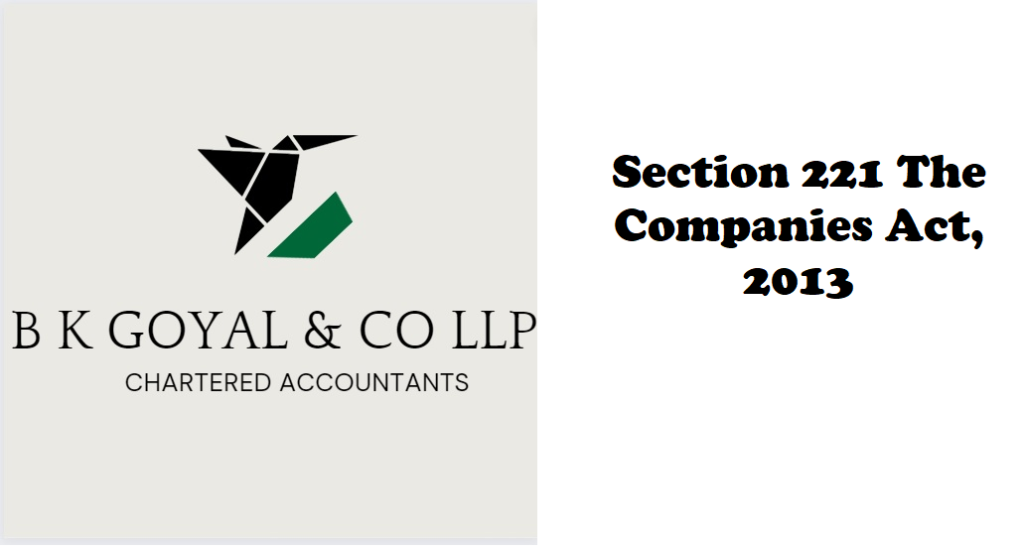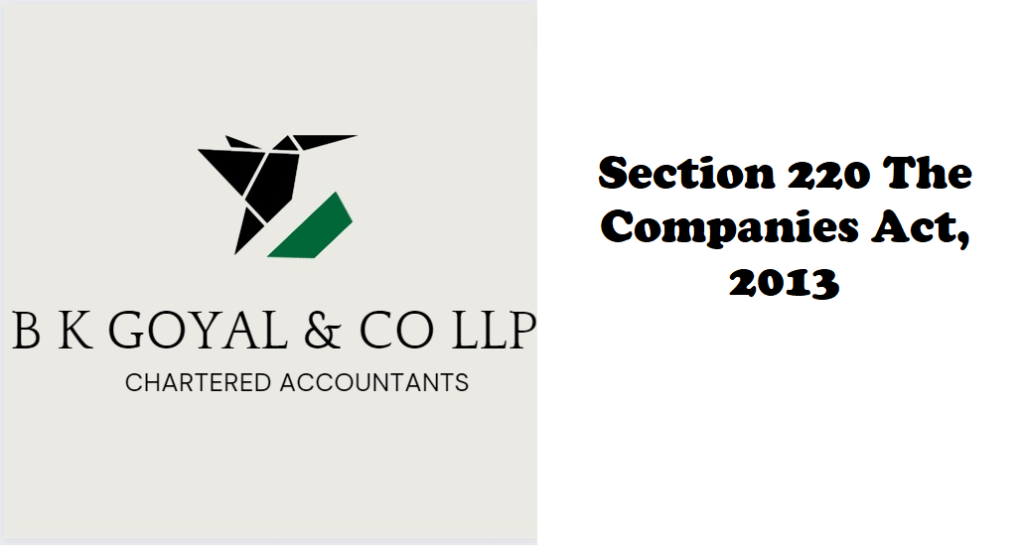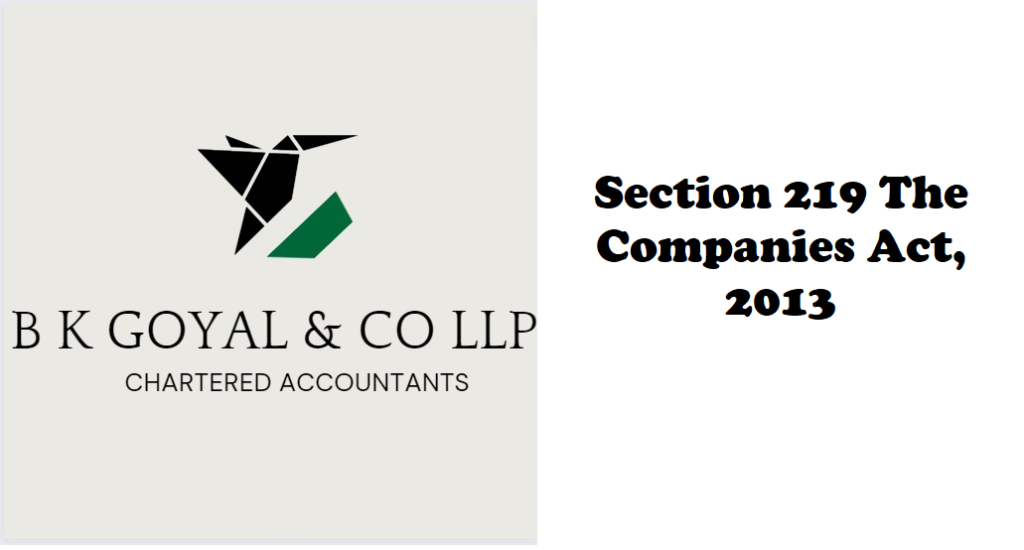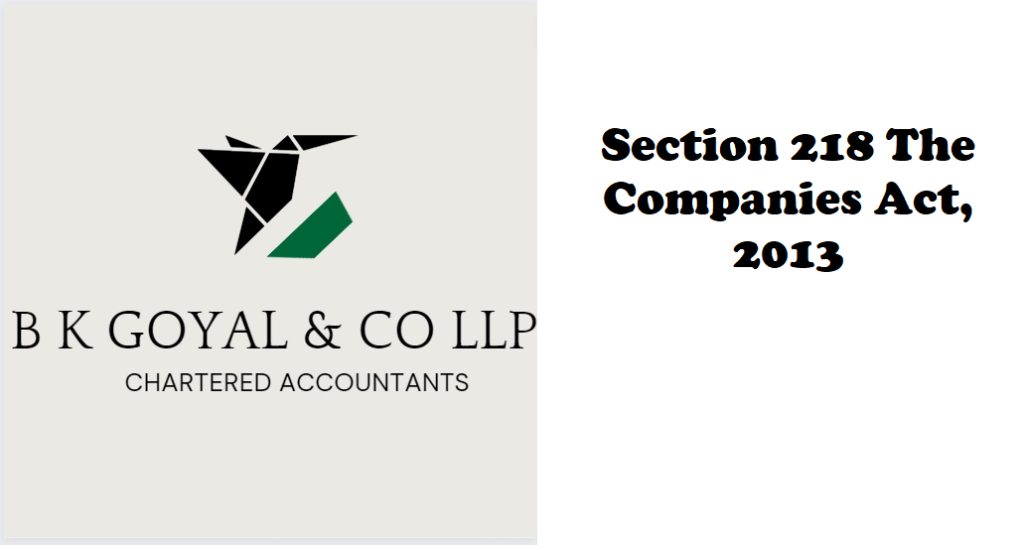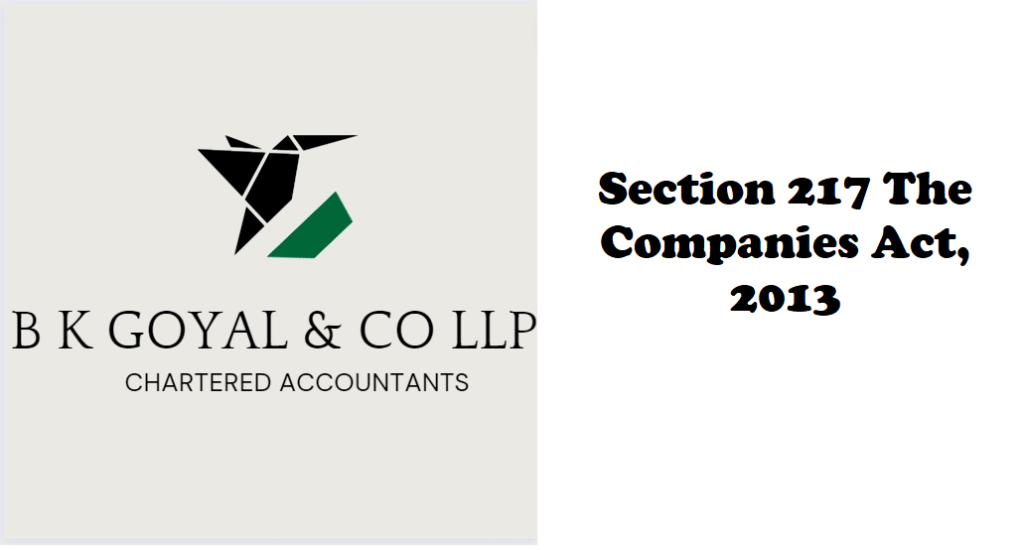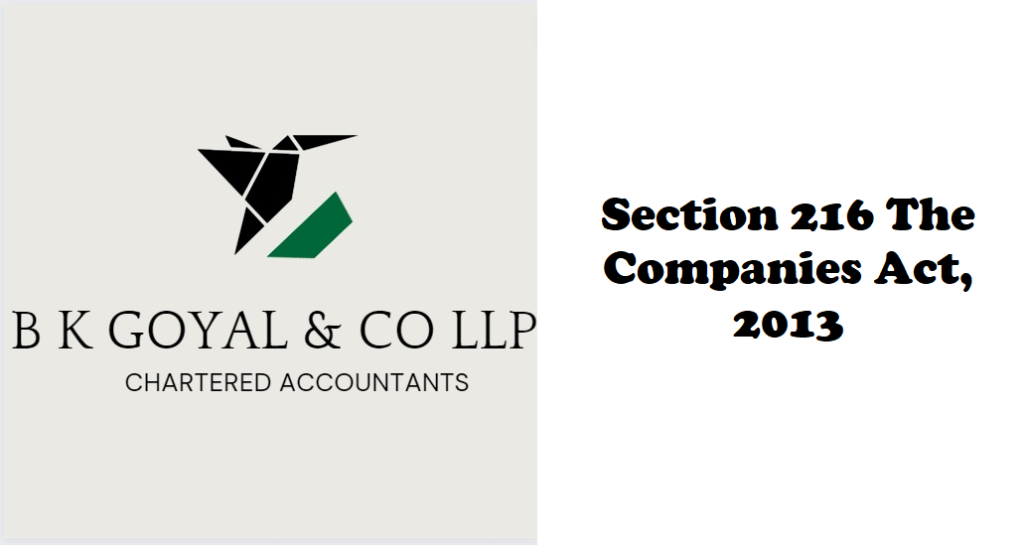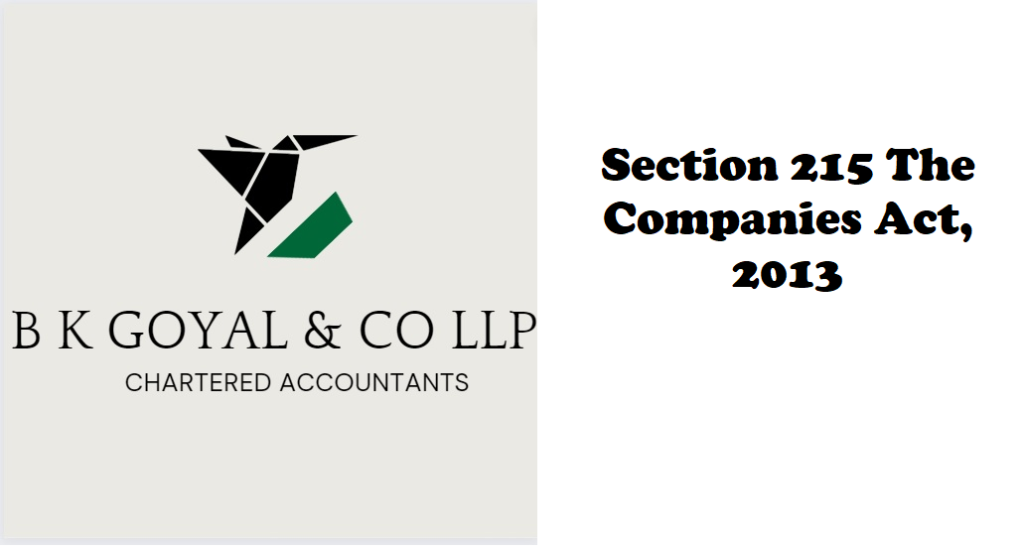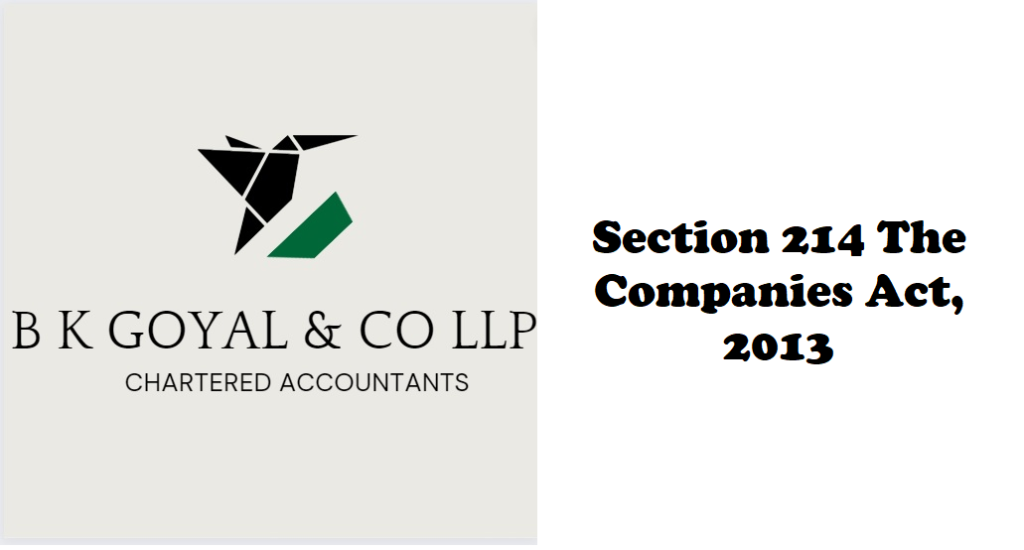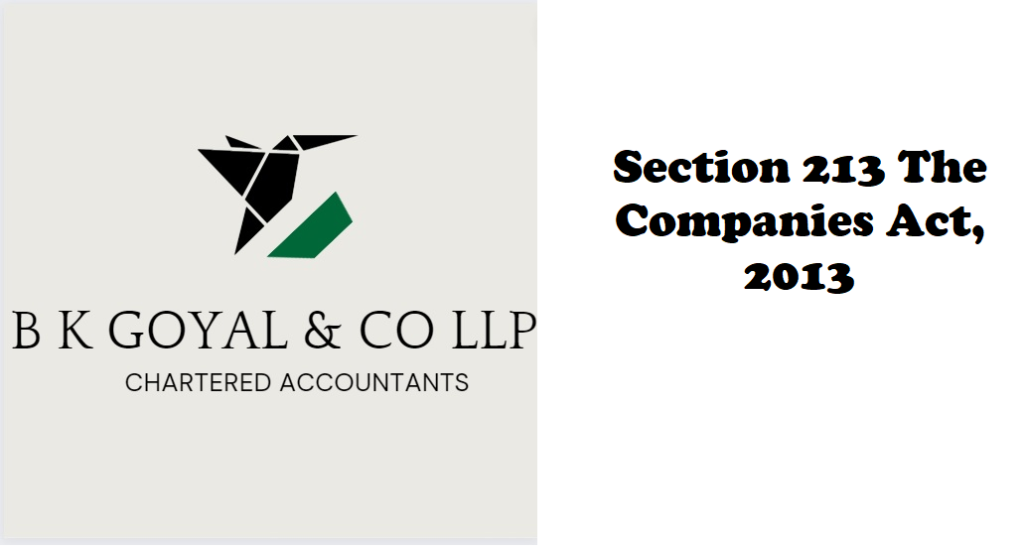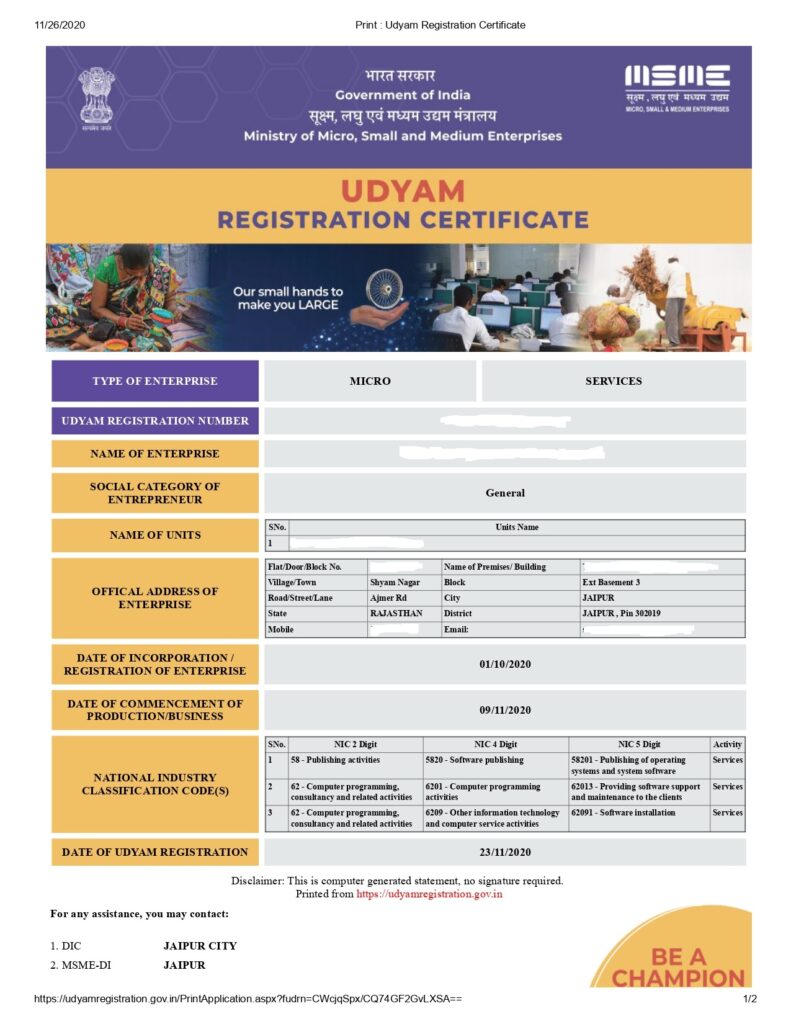Procedure, Powers, etc., of Inspectors (1) It shall be the duty of all officers and other employees and agents including the former officers, employees and agents of a company which is under investigation in accordance with the provisions contained in this Chapter, and where the affairs of any other body corporate or a person are investigated under section 219, of all officers and other employees and agents including former officers, employees and agents of such body corporate or a person— (a) to preserve and to produce to an inspector or any person authorised by him in this behalf all books and papers of, or relating to, the company or, as the case may be, relating to the other body corporate or the person, which are in their custody or power; and (b) otherwise to give to the inspector all assistance in connection with the investigation which they are reasonably able to give. (2) The inspector may require any body corporate, other than a body corporate referred to in sub-section (1), to furnish such information to, or produce such books and papers before him or any person authorised by him in this behalf as he may consider necessary, if the furnishing of such information or the production of such books and papers is relevant or necessary for the purposes of his investigation. (3) The inspector shall not keep in his custody any books and papers produced under sub-section (1) or sub-section (2) for more than one hundred and eighty days and return the same to the company, body corporate, firm or individual by whom or on whose behalf the books and papers were produced: Provided that the books and papers may be called for by the inspector if they are needed again for a further period of one hundred and eighty days by an order in writing. (4) An inspector may examine on oath— (a) any of the persons referred to in sub-section (1); and (b) with the prior approval of the Central Government, any other person, in relation to the affairs of the company, or other body corporate or person, as the case may be, and for that purpose may require any of those persons to appear before him personally: Provided that in case of an investigation under section 212, the prior approval of Director, Serious Fraud Investigation Office shall be sufficient under clause (b). (5) Notwithstanding anything contained in any other law for the time being in force or in any contract to the contrary, the inspector, being an officer of the Central Government, making an investigation under this Chapter shall have all the powers as are vested in a civil court under the Code of Civil Procedure, 1908, while trying a suit in respect of the following matters, namely:— (a) the discovery and production of books of account and other documents, at such place and time as may be specified by such person; (b) summoning and enforcing the attendance of persons and examining them on oath; and (c) inspection of any books, registers and other documents of the company at any place. (6) (i) If any director or officer of the company disobeys the direction issued by the Registrar or the inspector under this section, the director or the officer shall be punishable with imprisonment which may extend to one year and with fine which shall not be less than twenty-five thousand rupees but which may extend to one lakh rupees. (ii) If a director or an officer of the company has been convicted of an offence under this section, the director or the officer shall, on and from the date on which he is so convicted, be deemed to have vacated his office as such and on such vacation of office, shall be disqualified from holding an office in any company. (7) The notes of any examination under sub-section (4) shall be taken down in writing and shall be read over to, or by, and signed by, the person examined, and may thereafter be used in evidence against him. (8) If any person fails without reasonable cause or refuses— (a) to produce to an inspector or any person authorised by him in this behalf any book or paper which is his duty under sub-section (1) or sub-section (2) to produce; (b) to furnish any information which is his duty under sub-section (2) to furnish; (c) to appear before the inspector personally when required to do so under sub1973section (4) or to answer any question which is put to him by the inspector in pursuance of that sub-section; or (d) to sign the notes of any examination referred to in sub-section (7), he shall be punishable with imprisonment for a term which may extend to six months and with fine which shall not be less than twenty-five thousand rupees but which may extend to one lakh rupees, and also with a further fine which may extend to two thousand rupees for every day after the first during which the failure or refusal continues. (9) The officers of the Central Government, State Government, police or statutory authority shall provide assistance to the inspector for the purpose of inspection, inquiry or investigation, which the inspector may, with the prior approval of the Central Government, require. (10) The Central Government may enter into an agreement with the Government of a foreign State for reciprocal arrangements to assist in any inspection, inquiry or investigation under this Act or under the corresponding law in force in that State and may, by notification, render the application of this Chapter in relation to a foreign State with which reciprocal arrangements have been made subject to such modifications, exceptions, conditions and qualifications as may be deemed expedient for implementing the agreement with that State. (11) Notwithstanding anything contained in this Act or in the Code of Criminal Procedure, 1973 if, in the course of an investigation into the affairs of the company, an application is made to the competent court in India by the inspector stating that evidence is, or may be, available in a country or place outside India, such court may issue a letter of request to a court or an authority in such country or place, competent to deal with such request, to examine orally, or otherwise, any person, supposed to be acquainted with the facts and circumstances of the case, to
